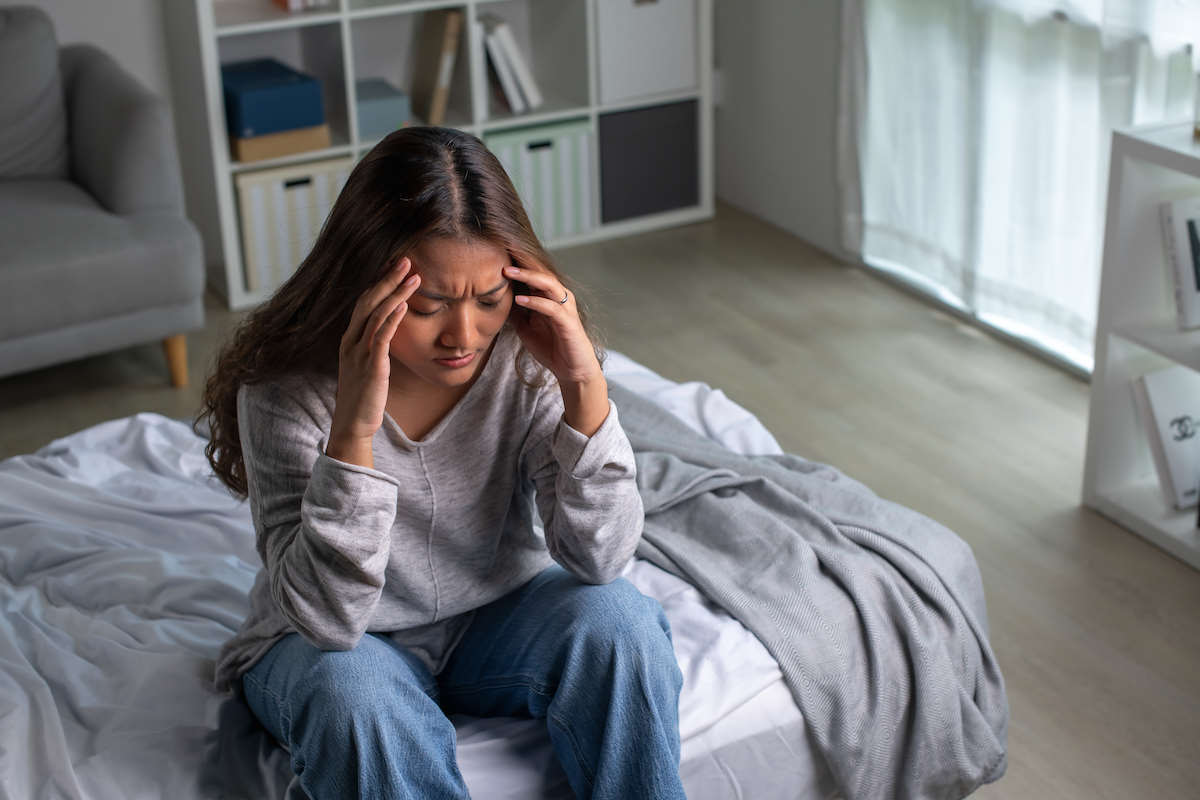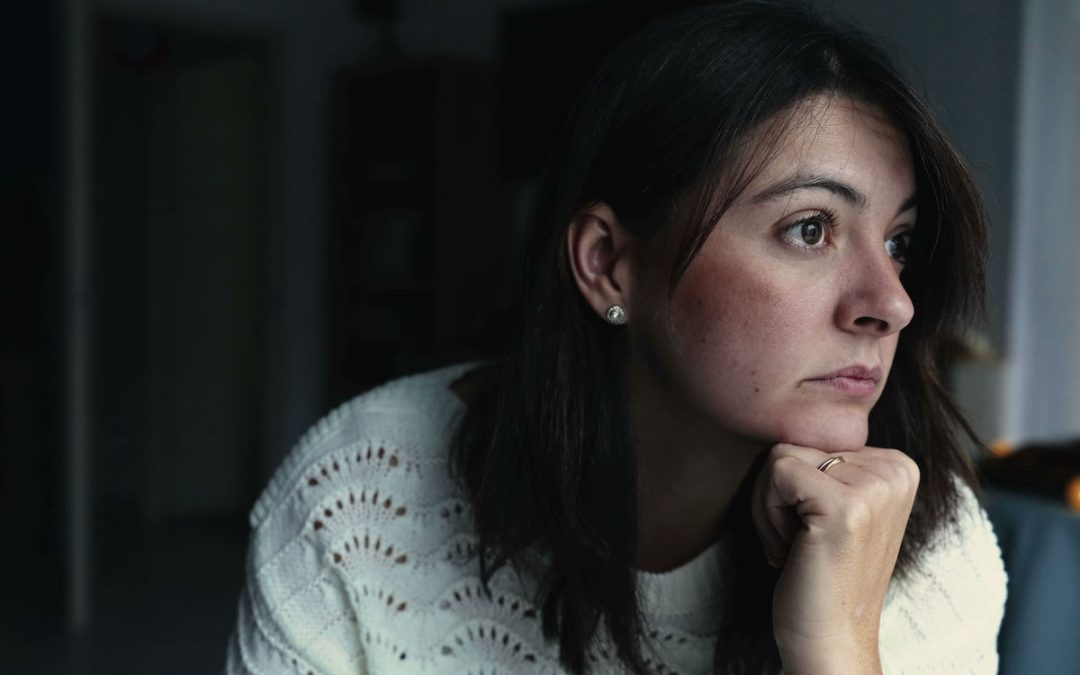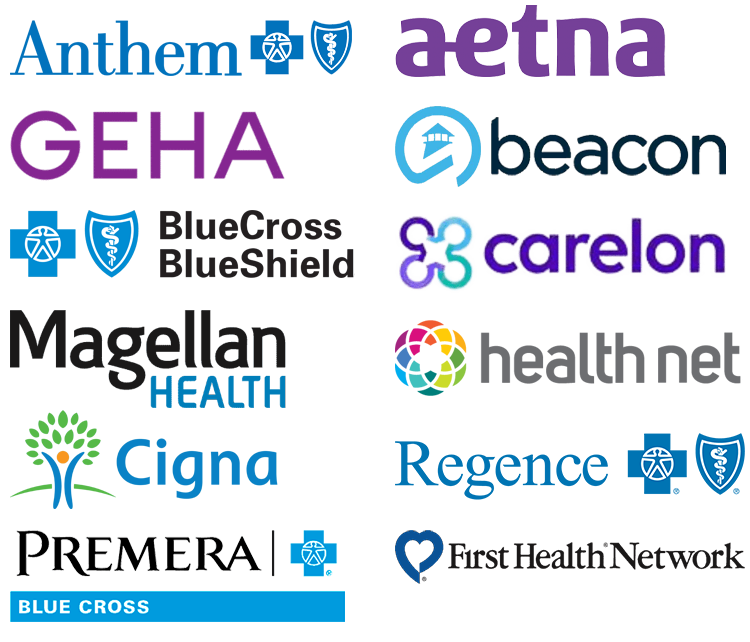Quick Summary
Treatment-resistant depression affects 30-40% of individuals with depression and occurs when symptoms persist after at least two appropriate treatment attempts. Structured programs like inpatient care, Partial Hospitalization (PHP), and Intensive Outpatient (IOP) provide daily therapy sessions, medical oversight, and comprehensive assessments that address underlying trauma, co-occurring conditions, and physical health factors standard weekly therapy may miss. Evidence-based therapies including CBT, DBT, EMDR, and trauma-informed care can produce meaningful improvement when combined with holistic wellness activities and peer support.
Key Takeaways
- Request a comprehensive assessment that screens for co-occurring conditions like anxiety, PTSD, bipolar disorder, thyroid imbalances, and chronic pain that may block depression recovery.
- Consider stepping up to a Partial Hospitalization Program or Intensive Outpatient Program if symptoms persist after two medication or therapy trials, as daily structured support addresses factors weekly sessions cannot.
- Incorporate evidence-based modalities like Dialectical Behavior Therapy, EMDR, or trauma-informed care into treatment plans when standard approaches have not produced results.
- Build peer support into your recovery plan through group therapy or community-based programs to reduce isolation and improve long-term outcomes for persistent depression.
When Standard Depression Treatment Is Not Enough
For many people living with depression, the first steps toward feeling better seem straightforward. You try medication, start therapy, and make changes to your daily routine. Yet despite your efforts, the sadness lingers. Mornings feel heavy, energy is scarce, and the things that once mattered still feel far away.
If this sounds familiar, you are not alone. Some people face what is known as treatment-resistant depression, a form of depression that does not fully respond to initial therapies or medications. This does not mean you cannot recover. It means you may benefit from a different approach with consistent, integrated support.
At Rosebay Behavioral Health in San Anselmo, California, we provide specialized care for people experiencing depression that has not improved with initial treatment. Through residential and outpatient depression treatment, we provide a structured, supportive environment for long-term recovery.
Understanding Treatment-Resistant Depression
Understanding When Depression Does Not Improve
Treatment-resistant depression is a clinical term for depression that does not improve significantly after trying at least two appropriate treatments, such as antidepressant medication or talk therapy. People may still experience persistent depression symptoms like fatigue, low motivation, sleep changes, and hopelessness. In many cases, these symptoms affect work, relationships, and daily life despite best efforts to manage them.
Depression is part of a broader category of mood disorders. Different people experience different types of depression that can affect daily life in distinct ways.
Why Some People Do Not Improve with First-Line Depression Treatments
There are many reasons depression can linger. Sometimes the type or dosage of medication is not a good match. In other cases, therapy may not address underlying trauma, grief, or deeply rooted patterns. Physical health conditions such as thyroid imbalances, chronic pain, or hormonal changes can also play a role.
It’s estimated that up to 30-40% of individuals with depression meet FDA/EMA criteria for treatment-resistant depression, often influenced by factors like pseudo-resistance, medication non-adherence, or insufficient treatment trials.
For others, undiagnosed co-occurring conditions like anxiety, PTSD, or bipolar disorder may make recovery harder. Without a comprehensive assessment, these factors can go unrecognized, leaving people stuck in the same cycle.
In some cases, depression may even be misdiagnosed, which can delay effective care.
The Cost of Untreated or Under-Treated Depression
When depression goes untreated or receives only partial attention, the effects often ripple across every part of life. Persistent sadness and low motivation can strain relationships, limit career growth, and make daily responsibilities feel overwhelming.
Physical health may also suffer. Untreated depression is linked to disrupted sleep, chronic pain, and higher risks for certain medical conditions. These challenges can make recovery feel even further out of reach.
Without the right kind of care, depression can deepen over time, increasing the likelihood of suicidal thoughts. Recognizing these risks is not meant to create fear. It is meant to underscore the importance of seeking support that fully addresses the condition.
Why Stepping Up to Structured Care Can Make the Difference
Beyond Weekly Therapy
Traditional outpatient therapy is valuable, but it usually means meeting with a therapist once a week. For someone with persistent depression, this may not be enough support to achieve meaningful improvement in symptoms. Structured treatment programs provide daily depression-focused therapy sessions, consistent monitoring, and a team approach that addresses emotional, mental, and physical health.
Levels of Care for Inpatient and Outpatient Treatment of Persistent Depression
- Inpatient Depression Treatment – A fully immersive environment that removes daily stressors and provides 24/7 clinical and therapeutic support.
- Partial Hospitalization Program (PHP) – Intensive daytime therapy and structured activities, with the ability to return home in the evenings.
- Intensive Outpatient Program (IOP) – Flexible, multi-day weekly sessions that offer deep support while allowing you to continue work, school, or family responsibilities.
At Rosebay, these programs are tailored to the individual, meeting each person where they are in their recovery.
Therapies That Can Help When Standard Options Fail
Evidence-Based Approaches with a Broader Lens
When depression persists, it is important to explore different therapeutic modalities. At Rosebay, we incorporate:
- Cognitive Behavioral Therapy (CBT)
- Dialectical Behavior Therapy (DBT)
- Eye Movement Desensitization and Reprocessing (EMDR)
- Somatic experiencing
- Trauma-informed care
Treating All Aspects of Depression and Well-Being
Depression affects more than mood. Our programs address physical health, emotional well-being, and social support. This includes holistic therapy services such as mindfulness practices, relaxation techniques, and wellness activities, along with medical oversight to make sure all contributing factors are addressed.
“Before coming to Rosebay, I thought I had tried everything. Therapy, medication, even short-term programs never seemed to help for long. Here, the team did more than treat my depression. They helped me understand it. We worked together to address the anxiety and trauma that had been fueling my symptoms for years. I am sleeping better, my energy has improved, and for the first time in a long time, I feel hopeful about the future.” – Evelyn, Rosebay Patient
How Rosebay Creates a Path Forward
Comprehensive Depression Assessment and Individualized Care Plans
The first step in our programs is a detailed assessment to understand each person’s symptoms, history, and life circumstances. Treatment may also include individual therapy, group therapy, and family therapy to support recovery.
A Typical Day in Structured Depression Treatment
While every plan is unique, many participants experience a balance of therapies and restorative activities such as:
- Morning group therapy focused on coping skills
- Individual sessions to work through personal challenges
- Mind-body practices like yoga or guided meditation
- Educational workshops about mental health and recovery
- Evening reflection and planning for the next day
Healing in Community
Depression can be isolating. At Rosebay, clients build connections with others facing similar challenges. Peer support provides connection and reduces feelings of isolation.
Persistent Depression Can Improve with the Right Treatment
If depression has not lifted despite your best efforts, it does not mean there is no way forward. It simply means that you may need a different kind of help that addresses the full picture of your mental, emotional, and physical health. At Rosebay Behavioral Health, we are here to help you rediscover a life worth living.
Get Help for Persistent Depression at Rosebay Behavioral Health
Rosebay Behavioral Health offers residential and outpatient depression treatment for individuals across Marin County and the San Francisco Bay Area, designed to meet you where you are and guide you toward lasting relief. Contact us today to learn how our compassionate, expert-led programs can help you reclaim your well-being.
If you are exploring options for advanced depression care, the answers below can help you better understand treatment approaches and what to expect at Rosebay Behavioral Health.
FAQs
What is treatment-resistant depression?
Treatment-resistant depression is when a person’s symptoms do not improve significantly after trying at least two appropriate treatments, such as medication or therapy. It can involve ongoing sadness, fatigue, and difficulty functioning.
How do I know if I need inpatient depression treatment?
Signs include persistent symptoms despite treatment, repeated relapses, significant difficulty functioning, or concerns for safety and stability.
What therapies help when depression won’t go away?
- Cognitive Behavioral Therapy (CBT)
- Dialectical Behavior Therapy (DBT)
- Eye Movement Desensitization and Reprocessing (EMDR)
- Somatic experiencing
- Trauma-informed care
- Medication review and management
Can depression be misdiagnosed?
Yes. Depression symptoms can overlap with other conditions such as bipolar disorder, PTSD, or certain medical issues. A thorough assessment is essential for accurate diagnosis and effective treatment.
What is a typical day like in intensive depression treatment?
- Morning therapy groups
- Individual therapy sessions
- Mindfulness or movement-based activities
- Educational workshops
- Evening reflection and peer support








